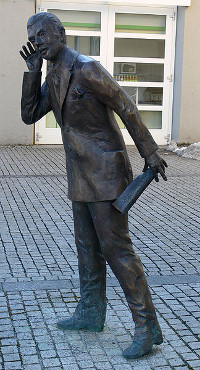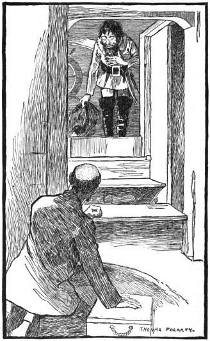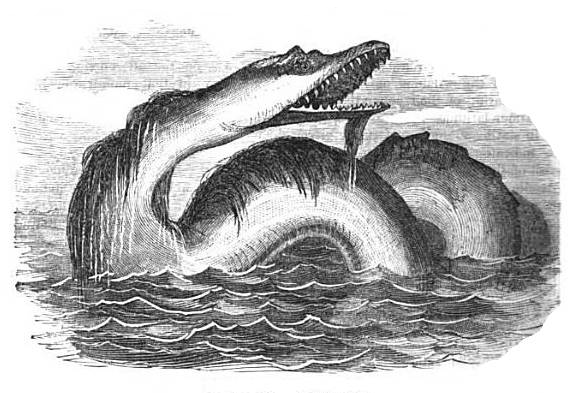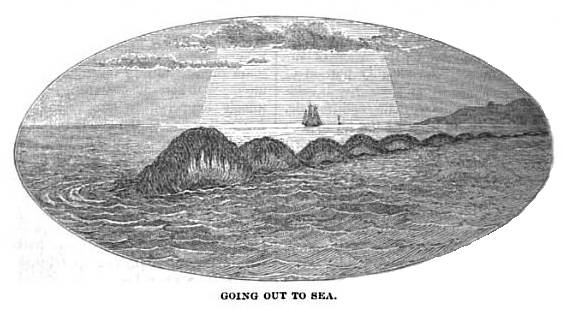On Thursday morning one of those extraordinary beings who gain a precarious subsistence by penetrating into the sewers in search of coin or other valuables that may be washed into them from the drains was taken out of the main-sewer in Broad-street, Golden-square, in a very exhausted state, having been 36 hours and upwards endeavouring to find his way out, which, from having advanced further than was his custom to recover some silver that had been accidentally dropped down a grating near the Seven Dials, he was unable to accomplish. Fortunately, the poor fellow’s cries were heard by Mr. Tickle, cheesemonger, at the corner of Berwick-street, Broad-street, opposite whose door there is a manhole, which he had contrived to ascend, and, assistance being procured, he was liberated. Some compassionate persons supplied him with soup, &c., which speedily restored him.
— Globe, reprinted in the Times, April 1, 1848





